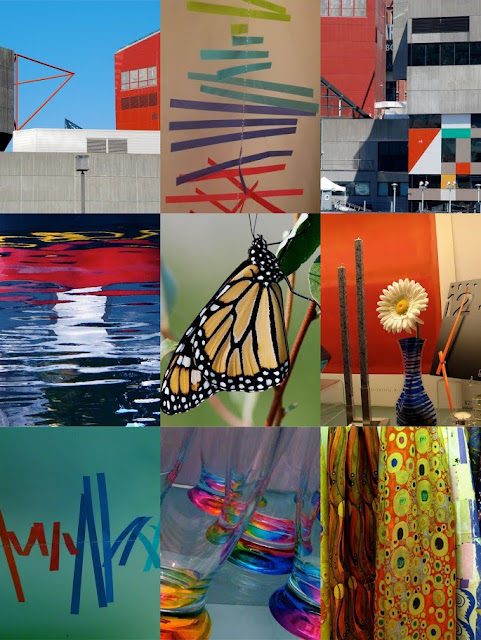As the year concludes—
wanderer's hat on my head,
sandals on my feet
Basho
Wandering re-establishes the original harmony which once existed between man and the universe.
Anatole France
Not all who wander are lost.
J.R.R. Tolkien
Never did I think so much, exist so vividly, and experience so much, never have I been so much myself—if I may use that expression—as in the journeys I have taken alone and on foot.
Jean-Jacques Rousseau
We are the music makers,
And we are the dreamers of dreams,
Wandering by lone sea-breakers,
And sitting by desolate streams;
World-losers and world-forsakers,
On whom the pale moon gleams:
Yet we are the mover and shakers
Of the world for ever, it seems.
Arthur William Edgar O'Shaughnessy
This is a great moment, when you see, however distant, the goal of your wandering. The thing which has been living in your imagination suddenly becomes part of the tangible world. It matters not how many ranges, rivers or parching dusty ways may lie between you; it is yours now and for ever.
Freya Stark
Half the fun of the travel is the esthetic of lostness.
Ray Bradbury
Early one morning, any morning, we can set out, with the least
possible baggage, and discover the world.
It is quite possible to refuse all the coercion, violence, property,
triviality, to simply walk away.
That something exists outside ourselves and our preoccupations,
so near, so readily available, is our greatest blessing.
Thomas A. Clark
from "In Praise of Walking"
Happy New Year to my treasured blogging friends! May our paths continue to intersect, here and elsewhere.


















































